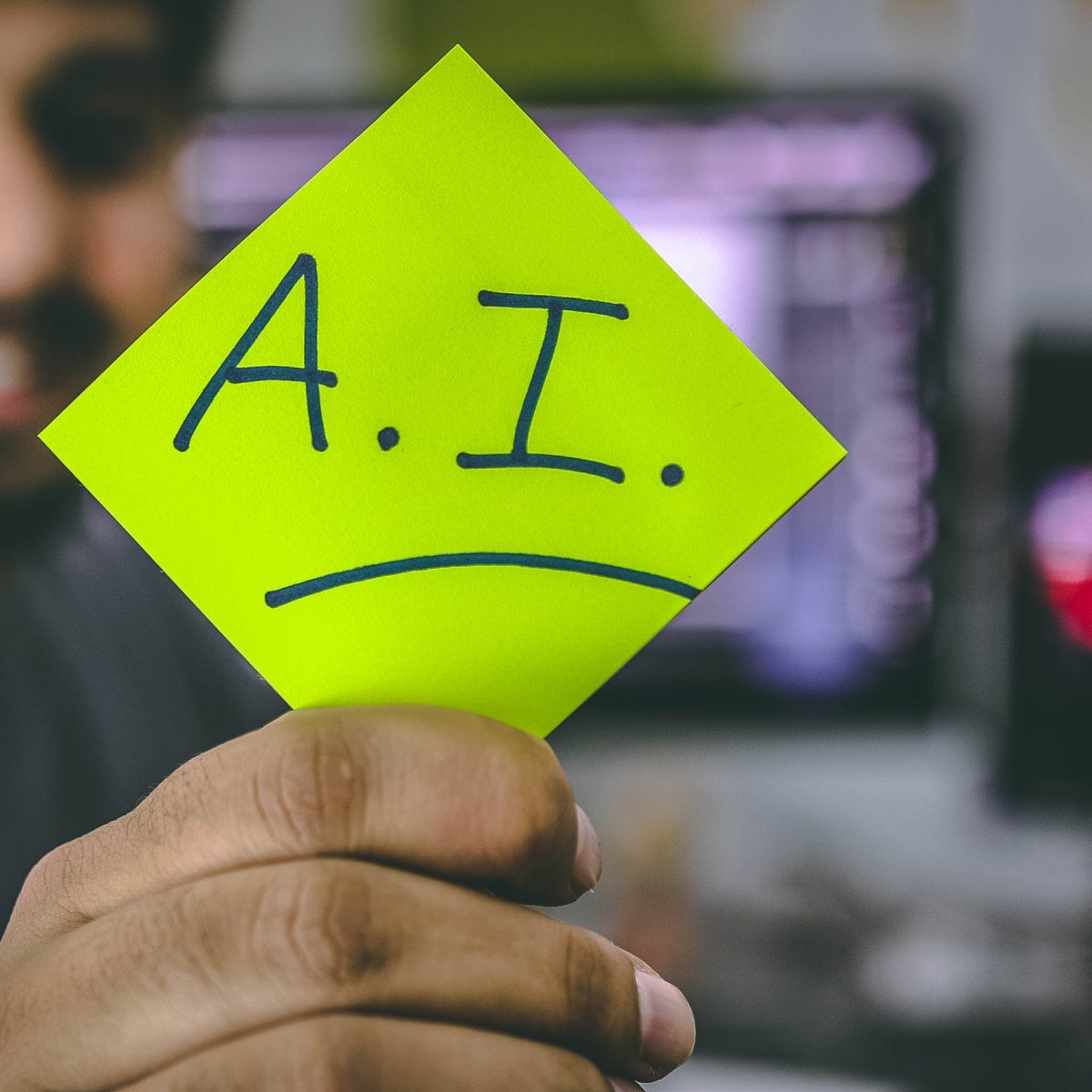Artificial intelligence, or AI, is a topic that has been gaining more and more attention in recent years. From virtual assistants like Siri to self-driving cars, AI technology is becoming increasingly prevalent in our daily lives. While there are undoubtedly many benefits to this technology, there are also some potential drawbacks and ethical concerns associated with its use. In this blog post, we’ll explore the pros and cons of artificial intelligence as well as the ethical implications that come along with it. So get ready to dive into the world of AI and learn about what makes this technological advancement both exciting and concerning!
The pros of artificial intelligence
Artificial Intelligence (AI) has been a topic of debate for decades, but with recent advancements in technology, its potential to change the world is becoming more evident. Here are some of the pros of AI:
1. Efficiency: One of the primary advantages of AI is its ability to work tirelessly and consistently without getting tired or needing breaks. This efficiency makes it an ideal tool for industries that require repetitive tasks.
2. Accuracy: Another advantage of AI is that it can perform complex calculations and analyses with greater accuracy than humans. This precision can be particularly useful in fields such as healthcare, where accurate diagnoses are crucial.
3. Cost Reduction: Implementing AI systems can lead to significant cost reductions for businesses by eliminating human errors and increasing productivity while reducing labor costs.
4. Innovation: With its ability to process large amounts of data quickly, AI has the potential to revolutionize various industries by unlocking new discoveries and innovations.
5. Personalization: One important benefit of AI is personalized experiences for users through targeted advertising or recommendations based on their preferences or behavior patterns.
There are many compelling benefits associated with artificial intelligence adoption across diverse sectors; however, we must also consider the ethical implications that arise from these advances in technology before embracing them completely into our society’s fabric
The cons of artificial intelligence
While there are many potential benefits to artificial intelligence, there are also some significant drawbacks that cannot be ignored. One of the main concerns is the possibility of job loss due to automation. As AI becomes more advanced and capable of performing tasks previously done by humans, it could lead to unemployment in certain industries.
Another issue is the potential for bias and discrimination within AI systems. These systems rely on data sets to learn and make decisions, but if those data sets contain biases or discriminatory patterns, then the resulting algorithms may perpetuate these biases. This can have serious ethical implications when it comes to issues like hiring practices or criminal justice.
Additionally, there is a concern about privacy and security with regards to AI-powered devices and platforms. As these technologies become more integrated into our daily lives, they may collect vast amounts of personal data which could potentially be used for nefarious purposes if not properly secured.
There is a fear among some experts that as AI continues to advance at an exponential rate, we may lose control over its development entirely. This so-called “singularity” event could pose existential risks if machines become vastly superior in intellect and ability than their human creators.
While artificial intelligence has enormous potential for positive impact on society in many ways, it’s important that we carefully consider its potential negative consequences as well.
The ethical implications of artificial intelligence
As we can see, artificial intelligence has its pros and cons. While it offers us many advantages such as increased efficiency and productivity, there are also potential downsides to consider. However, what is even more important to keep in mind are the ethical implications of AI.
AI technology has the power to shape our society in significant ways and can potentially cause harm if not developed ethically. We need to ensure that AI systems remain transparent, accountable, and unbiased while respecting people’s privacy rights.
Moreover, we must educate ourselves on how these technologies work so that we understand their limitations and do not become too reliant on them. With proper regulation and oversight from governments worldwide along with continued research into creating ethical AI systems; hopefully one day soon we will have a future where the benefits of AI outweigh any potential negative implications it may bring about.





